Emergency Assistance for Internally Displaced People Affected by Storms in Idlib Governorate, Syria
Alert 500
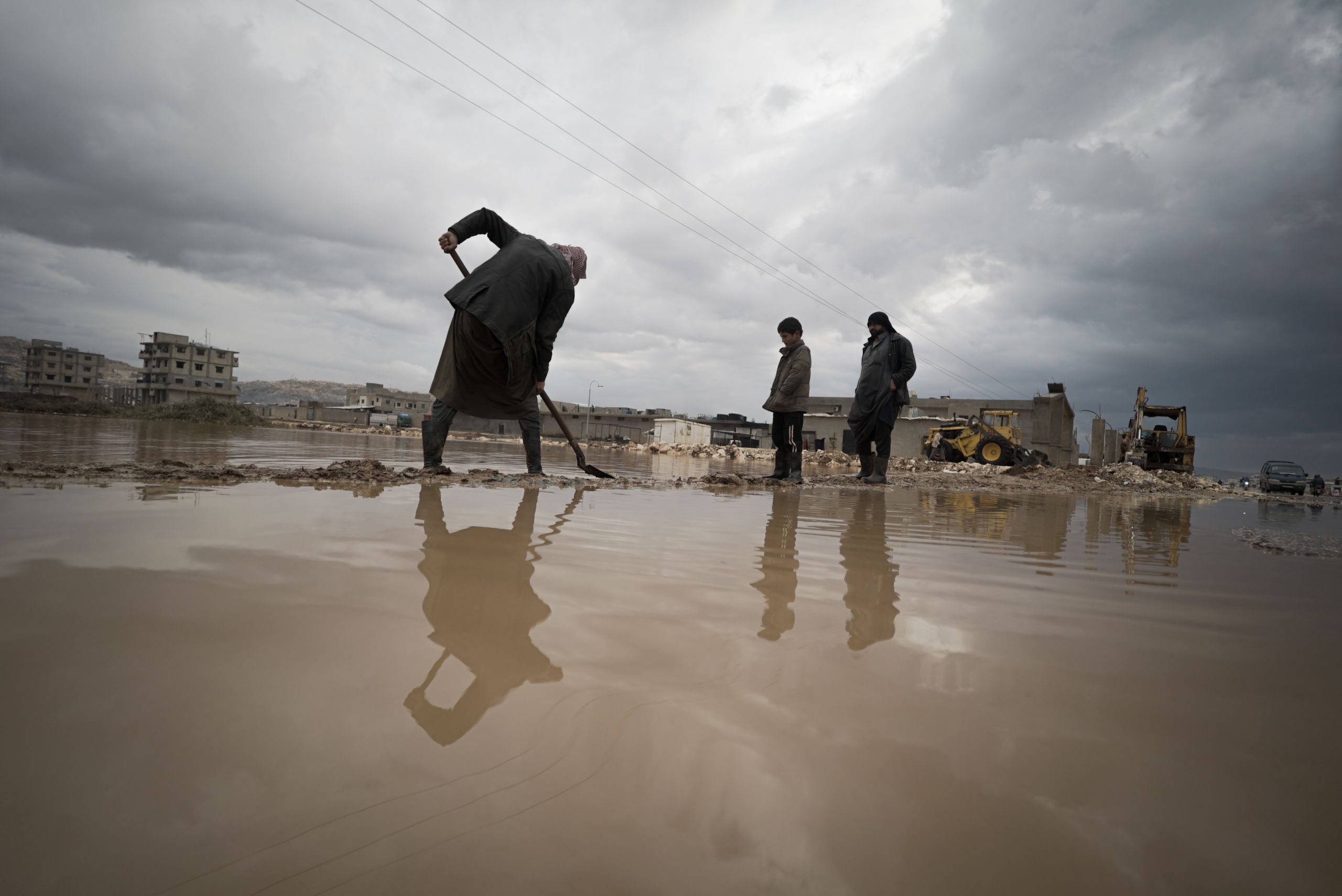
CONTEXT
The crisis in Syria has lasted a decade. The conflict is perhaps the worst humanitarian crisis of our time and has killed over 500,000 people. An estimated 6.5 million Syrians have been made homeless inside the country and 5.6 million Syrians are registered refugees in neighbouring countries.
Many refugees and internally displaced people (IDPs) live in makeshift camps, derelict buildings, or even in the open air. Children are often traumatised after seeing their family members and friends killed or their homes destroyed in front of them.
2020 saw some of the worst violence since the start of the conflict. Earlier in the year, military operations in and around Idlib in North West Syria displaced nearly a million people and there are some 2.7 million internally displaced people living in North West Syria now. Today, about 12 million people across Syria need humanitarian assistance.
Many are struggling to even afford basic food items: according to the UN, prices of food and other essential items increased by more than 200 percent as the value of the Syrian pound drops.
CRISIS
The storm hit Idlib governorate on 18 January 2021. Islamic Relief and another Start Network member spoke to families watching in horror as the extreme weather washed away tents and the few belongings they owned, with early reports indicating that many camps were fully or partially destroyed, as well as several roads that provide access to and movement within the camps.
According to UNOCHA, there are 1.6 million people living in IDP sites in North West Syria and the majority of the devastated shelters were in informal sites where IDPs spontaneously settled. A rapid needs assessment was conducted by Islamic Relief and another Start Network member's local partner between 19 and 20 January, and the response began within the week.
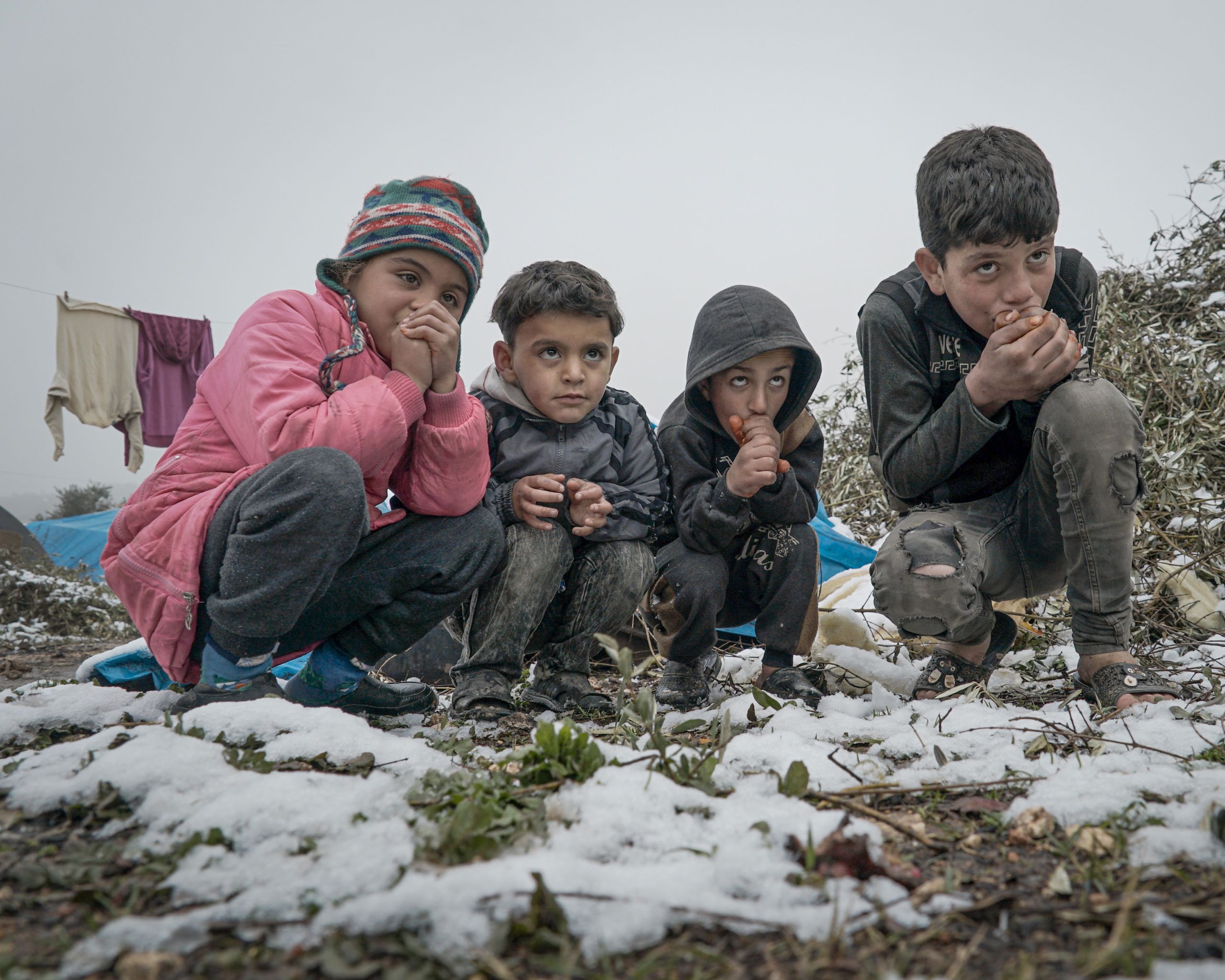
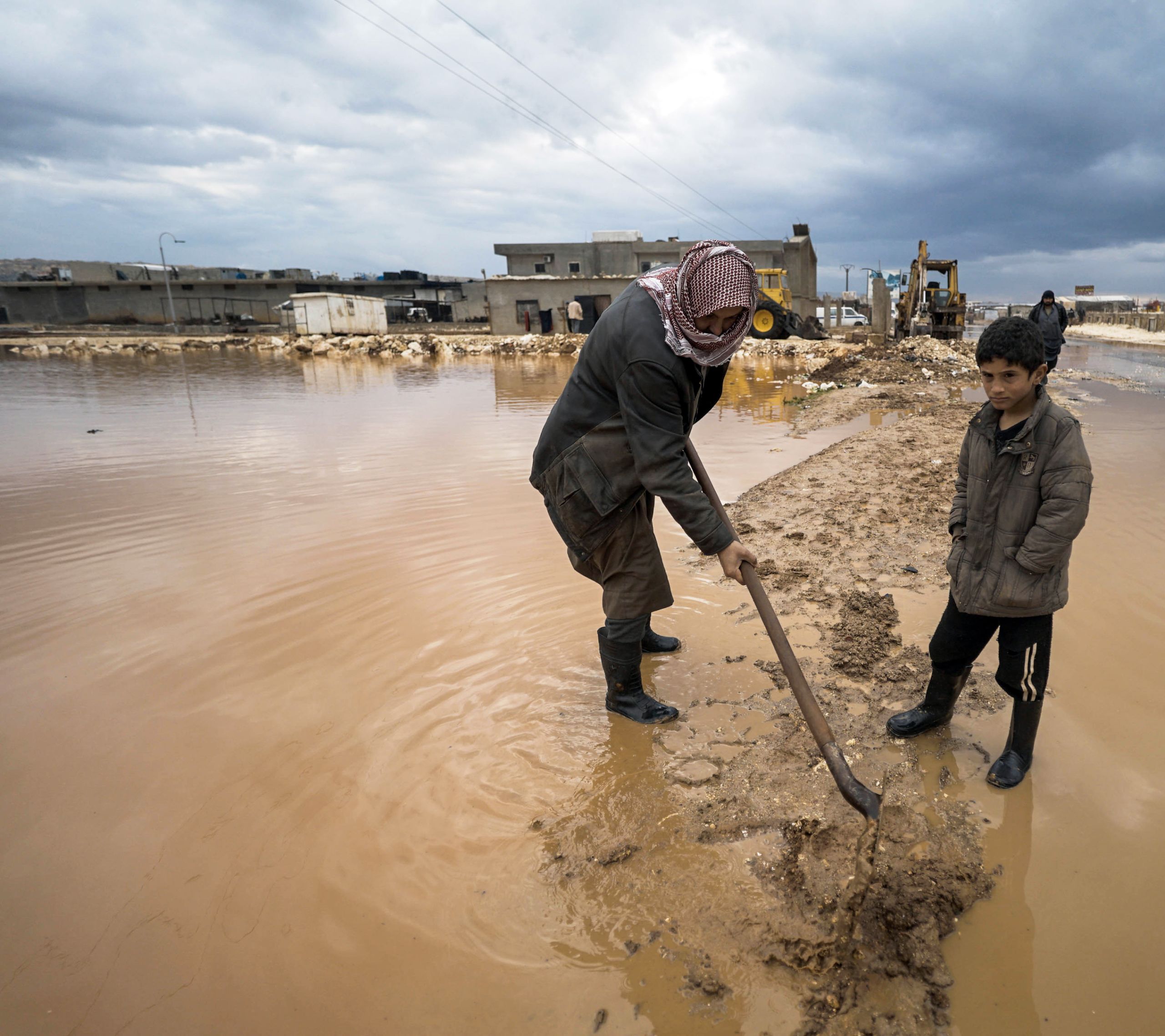
“The initial reports were devastating, as these storms had the biggest impact on the most vulnerable: those living in unregistered camps. The land where these camps are built is disused agricultural land, without proper water drainage systems, and families are completely exposed to the elements."
- Start Network member Emergency Programme Manager
__________
"From the needs assessment, we found some 25,600 tents were destroyed or damaged by the floods, affecting around 140,700 people. People’s food, mattresses and the fuel they used for heating were soaked and destroyed in the middle of a very cold winter, so it was critical that we could respond quickly to provide them with food and warmth."
– Ahmed*, Islamic Relief Programme Coordinator
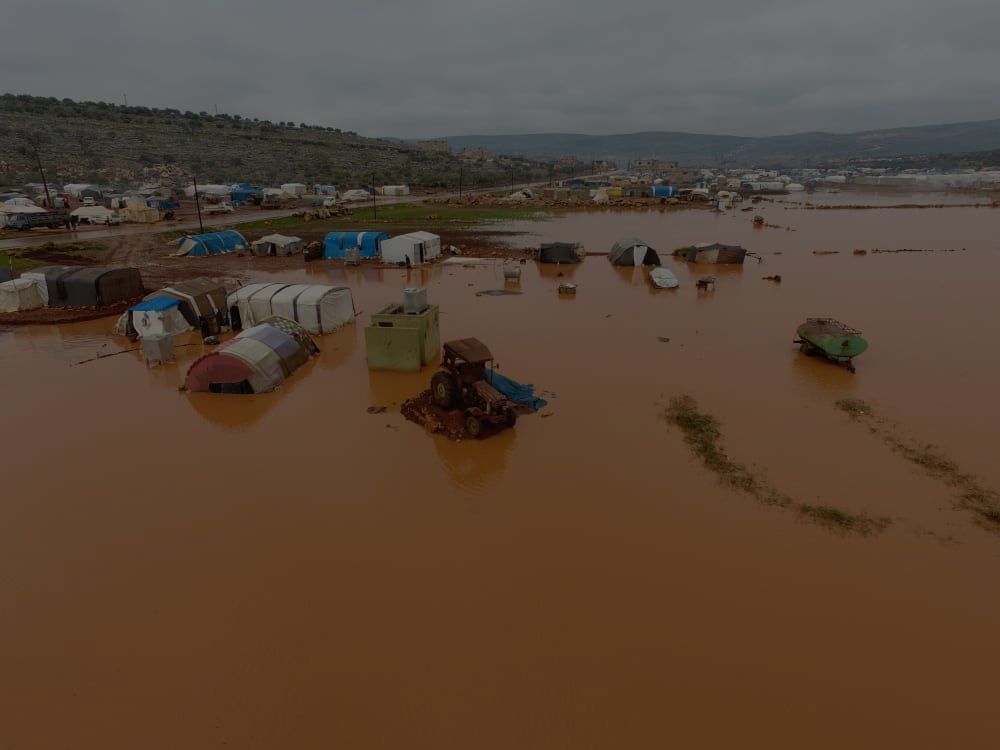
RESPONSE
The storm and flooding affected unregistered camps in Idlib governorate. Islamic Relief and another Start Network member, working with a local organisation, responded with support from the Start Fund.
In the immediate aftermath, aid workers in the camps facilitated door-to-door distributions of 6,050 ready-to-eat meals. Within the camp, the local partner delivered community awareness sessions on COVID-19's impact and distributed prevention information in the form of flyers and brochures.
In parallel, Islamic Relief distributed kits containing 2 mattresses, 4 blankets, 2 insulators/plastic sheets and 150kg of coal to a total of 1,383 internally displaced families directly affected by the storm.
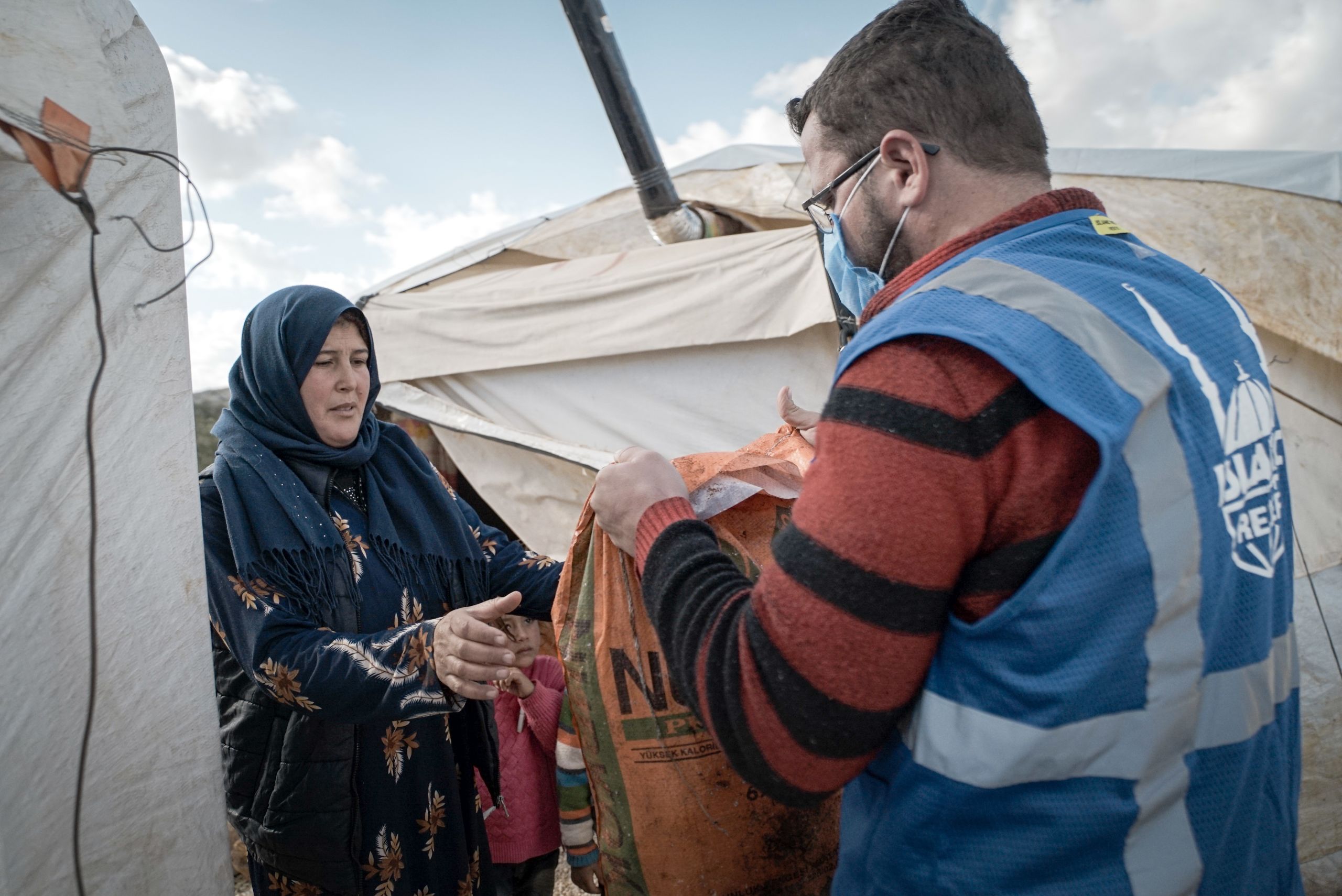
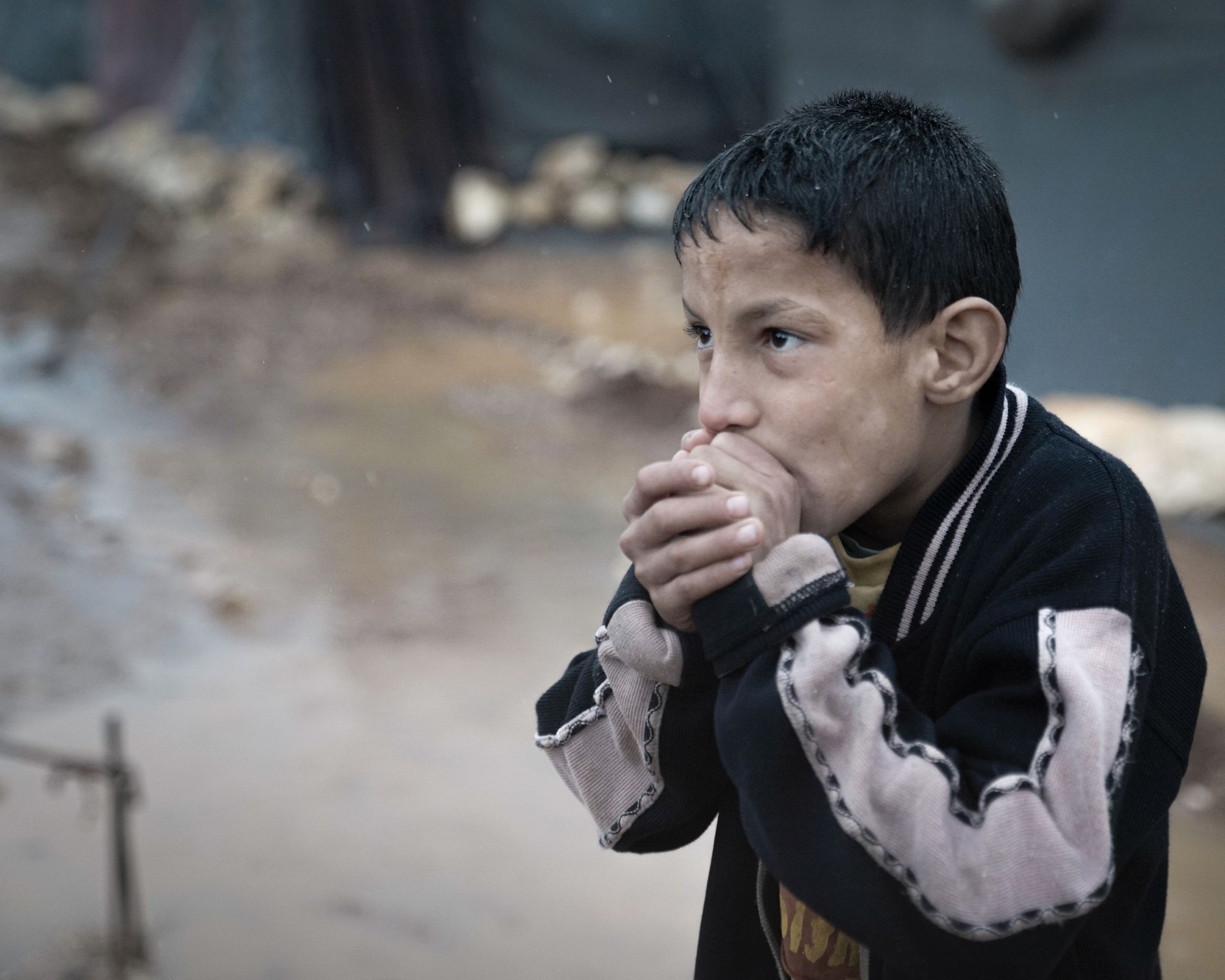
"This project helped to support the stability of families and help them adapt after the storms. With no other funding available for this response, it is unlikely that affected communities would have received help so quickly without the Start Fund."
- Start Network member Emergency Programme Manager
__________
"Thanks to the rapid funding from Start Fund, we were able to reach the most vulnerable households within just a few days. There are many people in the camps who are particularly vulnerable, such as the older people, people with disabilities, and households headed by children. This is the second time we have been able to respond quickly with Start Fund and CAFOD, and working in collaboration like this helps us to share information, access more areas and support more people."
– Ahmed*, Islamic Relief Programme Coordinator
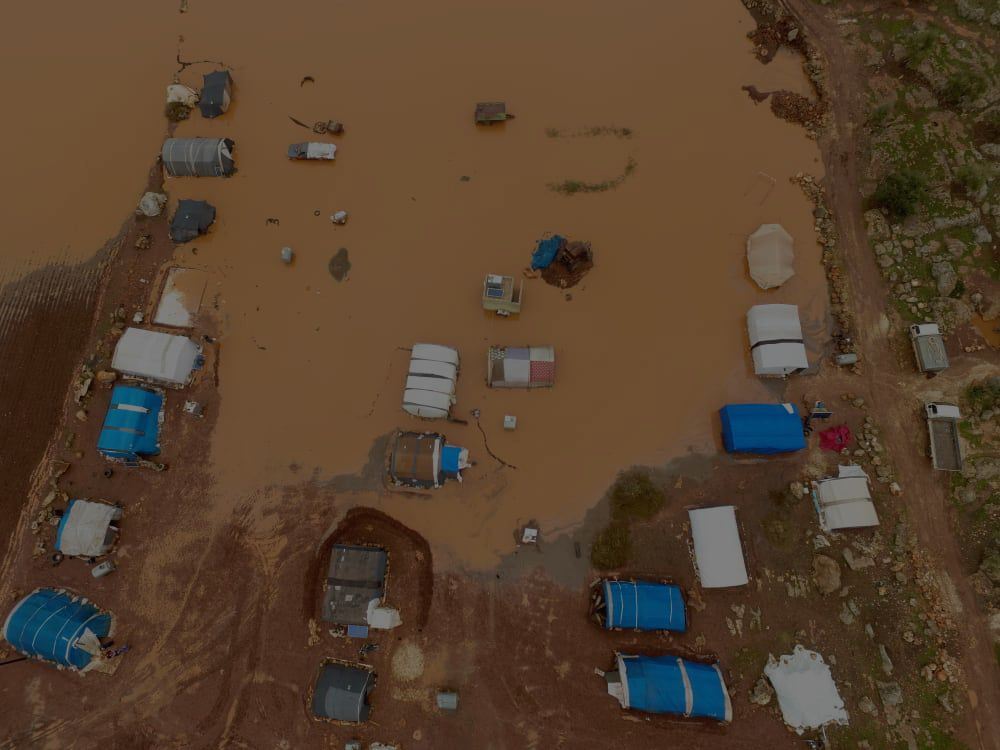
LEARNING
An initial challenge
The context in North West Syria is particularly sensitive. Early 2020 saw a massive influx of people fleeing from the ongoing conflict to the camps, making the identification of people who could be contacted during a disaster or an emergency within the camps challenging at first.
Collaboration is key
Following the immediate emergency, the agencies collaborated and coordinated with organisations in the camps, specifically small local NGOs, and defined a sector of intervention for each organisation to avoid duplication.
Anticipating future crises
As storms and flooding periods fall roughly around the same time each year, it became clear that pre-positioning the items needed to respond ahead of time would be useful. However, this could pose a challenge due to the security situation in North West Syria and the risk of aid diversion. It could be possible to store items needed for a similar response in warehouses in secure areas or to establish relationships with suppliers who could hold the items.
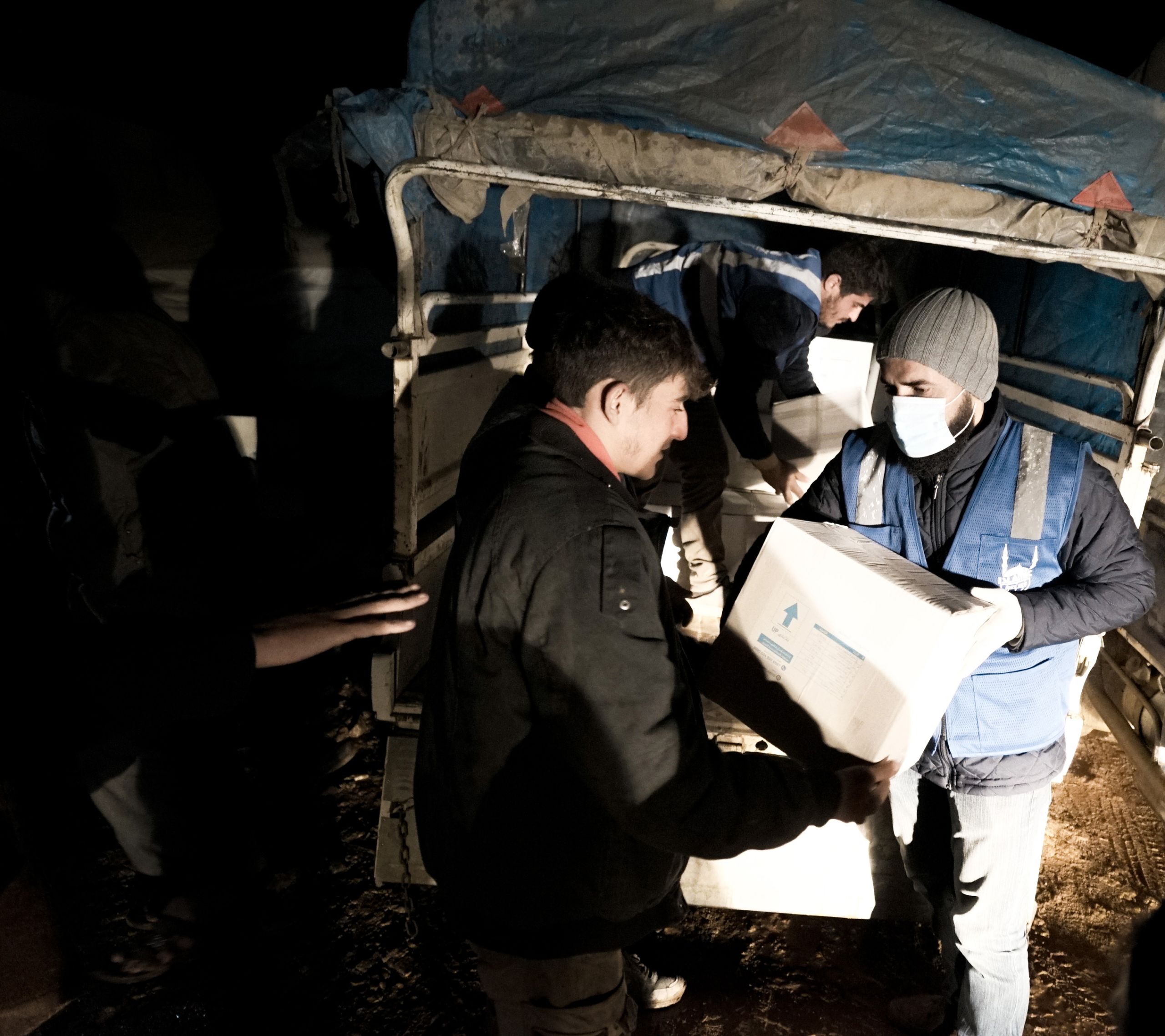
The Start Fund provides rapid financing to underfunded small to medium scale crises, spikes in chronic humanitarian crises, and to act in anticipation of impending crises, filling a critical gap in humanitarian financing. It is supported by the Dutch Ministry of Foreign Affairs, German Federal Foreign Office, IKEA Foundation, Irish Aid, Jersey Overseas Aid and UK Aid
*Name has been changed for security reasons